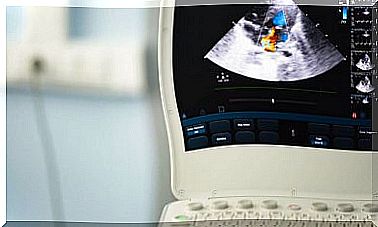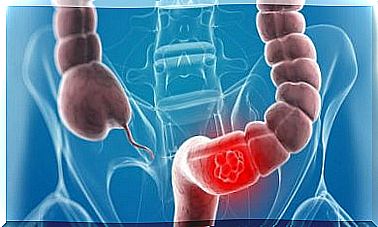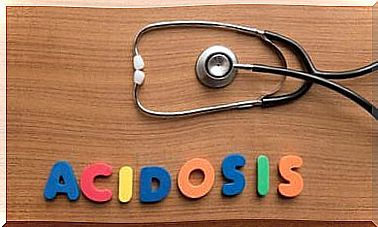Amnesia: Causes, Symptoms And Prevention
Amnesia is a memory disorder that is characterized by not being able to recall certain facts or memorize new information. Find out more about the characteristic symptoms of this disorder here.
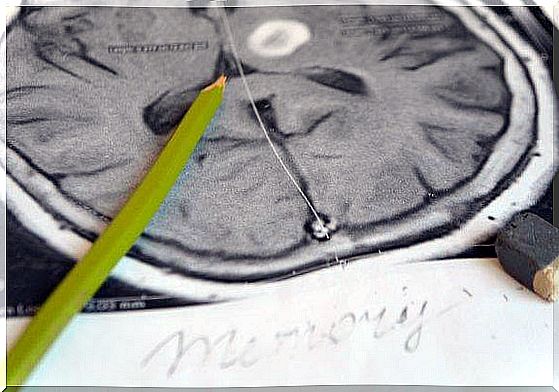
The term amnesia refers to partial or total loss of memory. Technically, we can say that it is a disorder of the functioning of memory: the person affected by this disorder is unable to memorize new information or to recall information previously memorized.
To understand what amnesia is, it is important to know what exactly memory is. Memory is the ability of our central nervous system (CNS) to learn, organize, and fix events from our past.
Thanks to memory, we are able to keep information by means of complex mechanisms which unfold in three stages: encoding, storage and recall.
Thus, when a person suffers from amnesia, it means that their memory is no longer able to develop and that the various mechanisms do not start.
The causes of amnesia
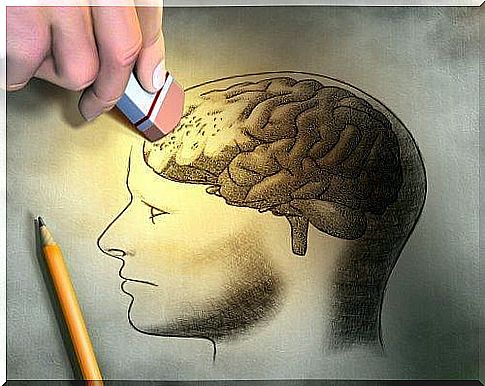
The causes of this disorder can be organic or functional.
So-called organic ones include the causes that cause damage to the brain. It can then be an illness, a trauma or the taking of certain drugs such as sedatives.
As for functional causes, they include psychological factors such as defense mechanisms. This is called post traumatic amnesia.
Beyond this general classification, we can identify other causes such as, for example, amnesia related to anesthesia. Anesthesia causes disturbances in the mechanisms of memory consolidation.
Finally, amnesia can also occur spontaneously. One example that demonstrates this is transient global amnesia. This type of amnesia affects older people more frequently, especially men. Normally, it lasts less than 24 hours.
Symptoms of amnesia

Of course, memory loss is the hallmark symptom of amnesia: the individual is unable to access a memory.
More specifically, a patient who suffers from amnesia is unable to recall all types of memories such as dates, names or even general information concerning his own history, his own past.
In short, the two main characteristics of amnesia are as follows:
- difficulty in learning new information; we speak of anterograde amnesia;
- difficulty remembering past facts and familiar information; we are talking about retrograde amnesia.
It should be emphasized that memory loss has nothing to do with intelligence, nor with general knowledge, nor even with consciousness, attention span, judgment, personality and identity of the person.
In addition, one should not confuse amnesia and dementia. These are two different disorders. Even though one of the symptoms of dementia includes memory loss, this disorder has other cognitive issues that amnesia doesn’t experience.
Amnesia has other symptoms:
- false memory, that is to say that the patient creates completely invented memories or modifies memories starting from authentic memories poorly located in time;
- confusion or disorientation;
- deterioration of personal relationships.
How to prevent this disorder?
Since any damage that affects the brain can promote the development of this disorder, it is extremely important to practice a series of preventive measures to avoid brain damage.
Among these measures, reducing long-term alcohol consumption is widely recommended. Excessive alcohol consumption can cause nutritional deficiency of thiamine, vitamin B1.
Another good preventive measure is to use a good helmet when riding a bicycle or bicycle.
It is also essential to treat any infection quickly to reduce the possibility of the infection spreading to the brain. It is therefore extremely important to seek medical treatment immediately if one has symptoms that suggest a stroke (CVA) or brain aneurysm.
These alarming symptoms are usually the following:
- a severe headache
- one side of the body numb
- paralysis

